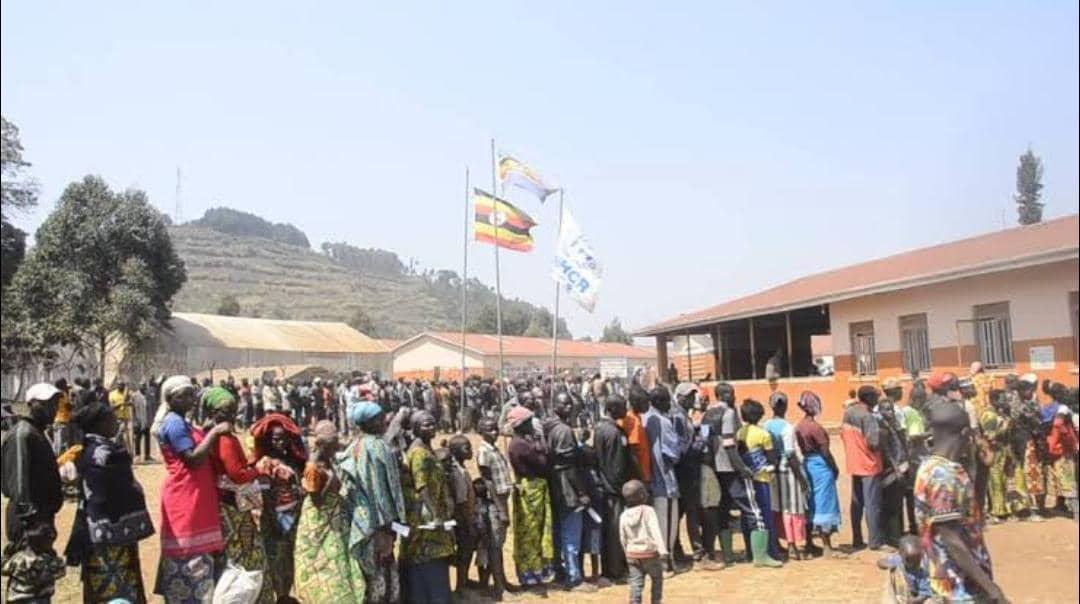Africa-Press – Uganda. Refugees and leaders of refugee-led organisations are calling for urgent reforms to Uganda’s refugee documentation system, citing widespread challenges that continue to deny them access to basic rights and services including education, healthcare, and formal employment.
Their concerns were aired during a high-level consultative forum held at Protea Skyz Hotel in Kampala, which brought together stakeholders from across East Africa to assess the state of refugee documentation and advocate for more inclusive policies.
Speaking at the event, Gilaine Masika, a Congolese refugee who has lived in Uganda for over 14 years, shared how difficulties in securing adequate documentation have derailed her academic and professional journey.
“Documentation is extremely important—it affects every part of our lives,” Masika said. “I missed university classes just trying to follow up on my refugee ID at the Office of the Prime Minister. Even then, you’re never sure when or if it will be ready.”
Masika also highlighted that her refugee status has made formal employment—especially in public institutions—largely inaccessible. “Many of us remain unemployed. We volunteer, but we can’t be promoted. The ID alone closes so many doors,” she added.
Esreal Thembo, a representative of the Kyaka II Refugee-led Organizations Network (KRLON), said current systems are not designed to support long-term integration.
“Refugees, especially in towns and cities, need an environment that allows them to thrive,” he said. Thembo cited the inaccessibility of digital ID systems and prohibitive costs tied to projects like the Glow initiative as key bottlenecks.
KRLON links 32 refugee-led organisations and over 500 community groups within Kyaka II Refugee Settlement and nearby host communities.
Their call was supported by the International Rescue Committee (IRC) through its Re:BUILD programme, which operates in both Uganda and Kenya to promote sustainable livelihoods for urban refugees.
“Documentation is not just a piece of paper; it is the foundation of dignity, access to rights, and self-reliance,” said Irene Shiundu, Public Engagement and Advocacy Coordinator for Re:BUILD.
She called for step-by-step information guides for refugees, better monitoring of government commitments, and greater involvement of refugee-led organisations in shaping documentation policies. “It’s not only about widening access,” Shiundu said, “but ensuring that access translates into meaningful change for refugee communities.”
The forum concluded with IRC and its partners pledging to compile a detailed report outlining refugee experiences, challenges, and actionable policy recommendations.
The report, to be accompanied by a joint advocacy statement and monitoring framework, will be used to engage both the public and decision-makers in ongoing reform efforts.
With more than 1.8 million refugees currently hosted in Uganda and millions more across East Africa, participants said the message is clear: Refugees want more than just survival—they want documentation systems that affirm their rights, support their ambitions, and enable them to live with dignity and purpose.
For More News And Analysis About Uganda Follow Africa-Press






